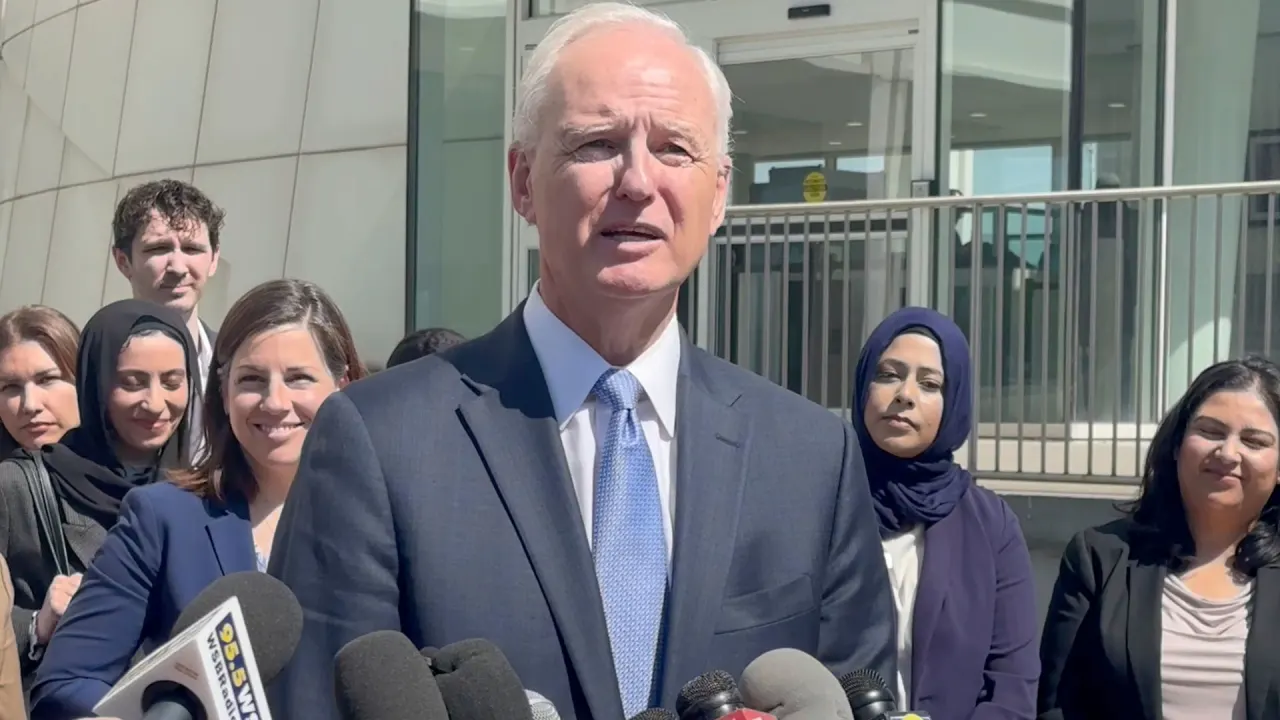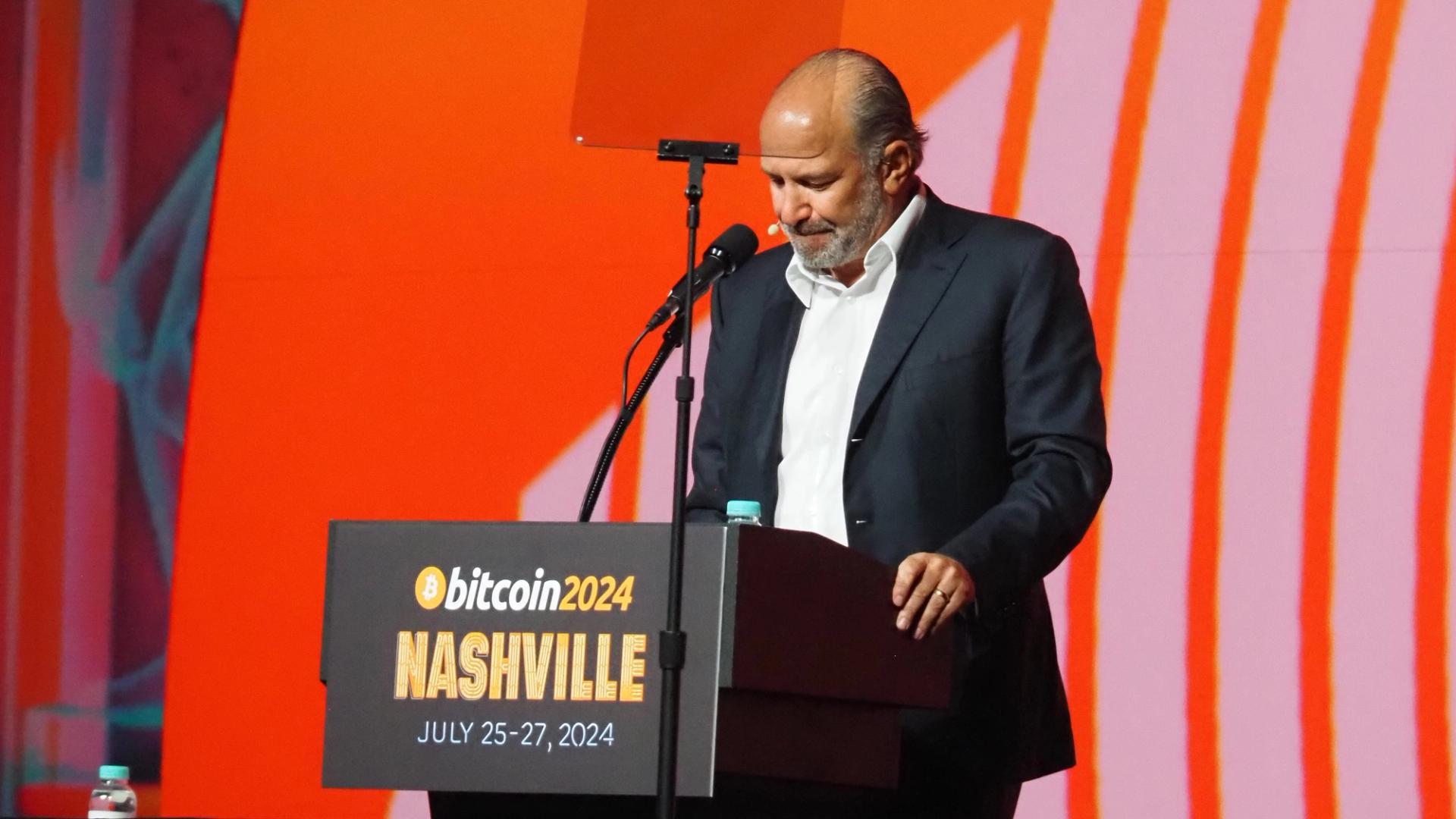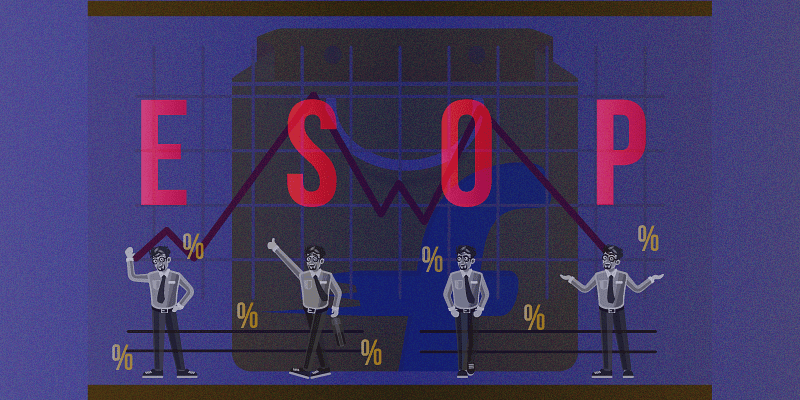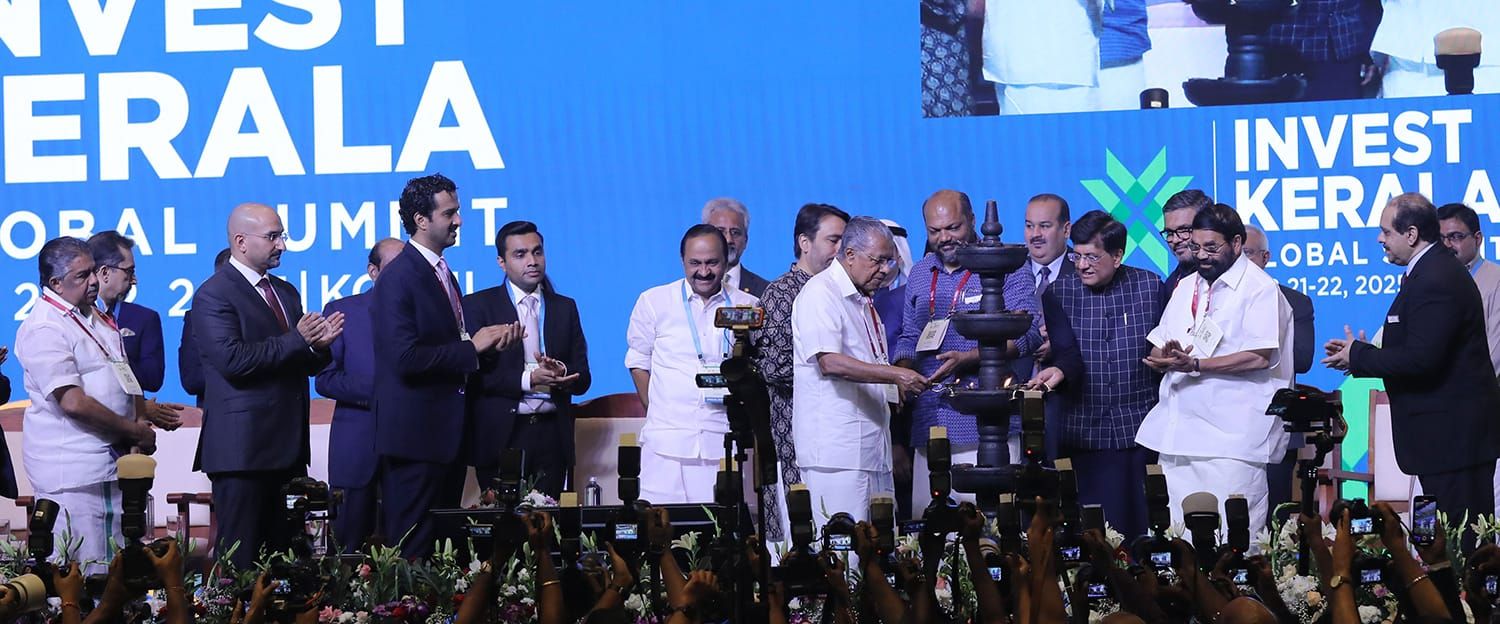Vocal for Local: Piyush Goyal Explains How Supporting Indian Startups Creates Jobs
In a vibrant address at the launch of the Bharat Project — an ambitious initiative aimed at creating 10 lakh new entrepreneurs in three years


In a vibrant address at the launch of The Bharat Project — an ambitious initiative aimed at creating 10 lakh new entrepreneurs in three years — Union Minister Piyush Goyal reminded the nation of a powerful mantra: “Be Vocal for Local.” This principle, championed by Prime Minister Narendra Modi, is not just a patriotic slogan — it is a cornerstone for building a resilient, self-sufficient entrepreneurial ecosystem in India.
The Case for Supporting Local Industries
India’s entrepreneurial journey is unique. From local street vendors to deep-tech innovators, every tier of business contributes to the nation's economic fabric. However, many of these businesses are threatened by the influx of cheaper, subsidised imports from other countries. As Goyal pointed out, while these may appear attractive in the short run, they often undermine domestic industries and create long-term vulnerabilities.
Goyal shared a compelling anecdote about an industry crippled by imported goods. Initially ignored, their plea for support was later echoed by larger corporations facing similar challenges. It was a stark reminder: when we ignore local, the ripple effects are far-reaching.
Being vocal for local ensures that Indian manufacturers, artisans, and startups get a fair shot at competing, growing, and innovating on their own terms. It also fosters economic inclusivity, enabling businesses across urban and rural landscapes to thrive.
Success Stories of Indian Entrepreneurship
India is already home to over 100 unicorns, but the Minister emphasised that entrepreneurship isn’t just about billion-dollar valuations. A dosa seller, a carpet manufacturer, or a tech innovator — all are equally part of the India growth story.
Take the story of a tech startup in Patan, Gujarat, with over 300 employees. Or the story of street vendors transformed through the PM Swanidhi Yojana, enabling them to shift from informal moneylenders to formal credit and digital payments. These are not just business successes — they are social revolutions.
Another inspiring example is how delivery agents tied up with NBFCs to afford their own two-wheelers, boosting income and reducing dependency on rentals. These micro-entrepreneurial shifts add up to a macroeconomic impact, especially when fueled by thoughtful policy and public participation.
Government Initiatives Fueling the Movement
The government has rolled out a slew of initiatives to support local businesses and aspiring entrepreneurs:
- Mudra Yojana: Offering collateral-free loans up to ₹20 lakh, this scheme has empowered over 50 crore small business owners.
- Startup India Seed Fund Scheme (SISFS): Focused on early-stage startups, especially in deep-tech sectors, to help retain founder equity.
- Skill India & NSDC Initiatives: Establishing training centers in places like North Mumbai to skill and place youth in relevant trades.
- Swanidhi Yojana: Targeting street vendors with microcredit, encouraging them to go digital and build credit histories.
These schemes are complemented by platforms like Startup Mahakumbh and industry collaborations with CII and NSDC, helping bridge the gap between intent and implementation.
The Cultural Shift Toward Entrepreneurship
Goyal emphasised a broader cultural transformation. No longer is job security limited to government posts. Increasingly, young Indians are chasing big, bold dreams — or as he put it, BHAGs (Big Hairy Audacious Goals).
Entrepreneurship, once confined to metros, is thriving in Tier 2 and 3 cities. But to nurture these dreams, India needs to believe in its own — its own people, products, and potential.
Being vocal for local isn’t about isolationism — it’s about resilience, pride, and collective growth. It's about making sure the next startup doesn't have to surrender majority equity just to get seed capital. It's about valuing the roadside vendor as much as the tech unicorn.
Conclusion: Building a Self-Reliant Bharat
The Bharat Project, launched with a vision of taking “Sapno Se Startup Tak,” is more than just a campaign. It’s a movement to embed entrepreneurship in every corner of India — rural, urban, and remote.
But for this vision to succeed, it requires all of us — media, consumers, policy-makers, and investors — to choose local whenever possible. To promote, protect, and prioritise Indian innovation.
Because in the world’s fastest-growing economy, the next revolution won't come from outside — it will come from within.
Let’s start it. Let’s support it. Let’s be Vocal for Local.










































































































































































![[The AI Show Episode 144]: ChatGPT’s New Memory, Shopify CEO’s Leaked “AI First” Memo, Google Cloud Next Releases, o3 and o4-mini Coming Soon & Llama 4’s Rocky Launch](https://www.marketingaiinstitute.com/hubfs/ep%20144%20cover.png)
























































































































































![Did I Discover A New Programming Paradigm? [closed]](https://miro.medium.com/v2/resize:fit:1200/format:webp/1*nKR2930riHA4VC7dLwIuxA.gif)

























































































-Classic-Nintendo-GameCube-games-are-coming-to-Nintendo-Switch-2!-00-00-13.png?width=1920&height=1920&fit=bounds&quality=70&format=jpg&auto=webp#)



























_Wavebreakmedia_Ltd_FUS1507-1_Alamy.jpg?width=1280&auto=webp&quality=80&disable=upscale#)

















































































































![New iPhone 17 Dummy Models Surface in Black and White [Images]](https://www.iclarified.com/images/news/97106/97106/97106-640.jpg)


![Hands-On With 'iPhone 17 Air' Dummy Reveals 'Scary Thin' Design [Video]](https://www.iclarified.com/images/news/97100/97100/97100-640.jpg)































































































































